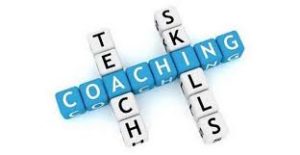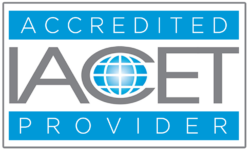
A few months ago I was facilitating a session and during a break, one of the participants approached me with this question, “mind if I coach you?” When I responded positively, he began to tell me what I had done wrong in the presentation! That WAS NOT Coaching. Coaching has many forms and is frequently misunderstood in schools.
The participant who approached me was, perhaps familiar with athletic coaches whose tactic during a timeout might be to pull a player aside and tell them what to do or not to do in the game. Some coaches coach behavior and help others to change their actions. Coaches in schools are often confused with consultants who are hired to essentially tell the educators in a school system what they need to do. Consultants are experts and offer an external perspective that can be valuable to schools.
However, when the Institute for Excellence in Education (IEE) refers to coaching it does NOT mean telling others what to do! The tenth IEE belief is: Coaching supports teachers and administrators as they become self-directed, reflective learners.
We believe that Cognitive Coaching offers educators the greatest support. IEE coaches coach “thinking” NOT behavior. Because all action and behavior are preceded by thought, it is the thinking that changes BEFORE actions are altered. Cognitive Coaching is predicated on the belief in teachers’ and educators’ capacity to think deeply, to plan wisely, and reflect thoughtfully concerning their work.
Teachers don’t need an external (or internal) person coming in to tell them what to do. Teachers are the ones who know their students best, they know their curriculum, and they understand the culture of the building.
IEE coaches use Cognitive Coaching with a goal to support teachers’ thinking. Teachers need the space and time to think, to plan, and to reflect. That’s what IEE coaching provides.
Cognitive Coaches listen deeply, offer paraphrases and pose thoughtful questions.

